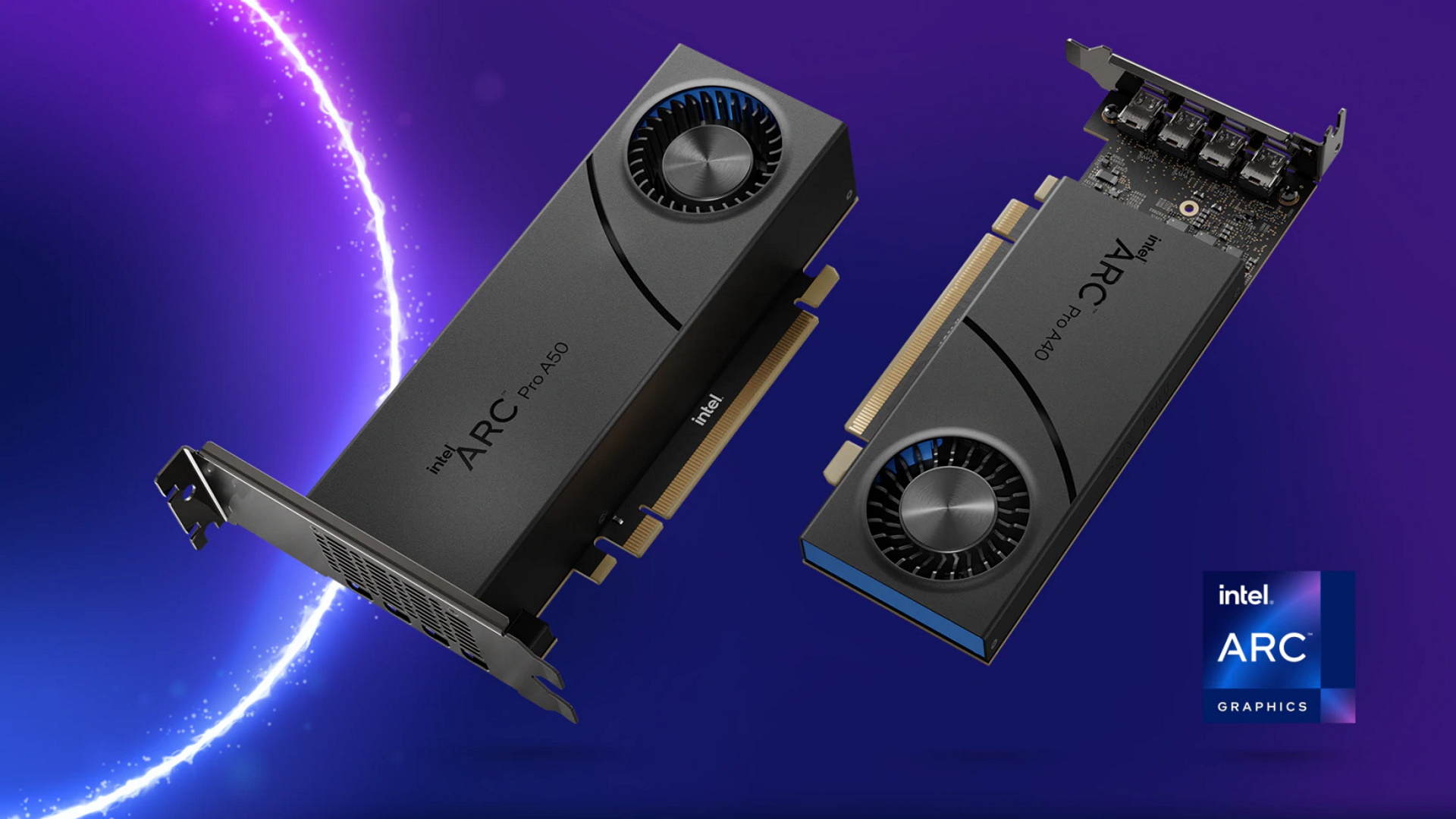Intel's Mr. Graphics responds to end of the road rumours for Intel Arc graphics cards
"One must wonder, who do they help?" Raja Koduri takes the cui bono line of reasoning to the recent rumours.

The latest rumour on the YouTubes is that Intel's foray into discrete graphics cards with Arc desktop GPUs is over, before its first generation of cards has even hit the shelves. But Raja Koduri, executive vice president of the Accelerated Computing Systems and Graphics group at Intel—basically Mr. Intel GPU—says otherwise.
we are 🤷♂️ about these rumors as well. They don’t help the team working hard to bring these to market, they don’t help the pc graphics community..one must wonder, who do they help?..we are still in first gen and yes we had more obstacles than planned to ovecome, but we persisted…September 12, 2022
Koduri had his own say on the recent reports of the death of Intel's discrete GPU adventure. Speaking out on twitter, he reacted to a huge response around an otherwise innocent tweet about checking out an Arc A770 Limited Edition card in a Toronto validation lab.
"We are 🤷♀️about these rumours as well," he writes. "They don't help the team working hard to bring these to market, they don't help the PC graphics community."
This is all a reaction to a video on the channel, Moore's Law is Dead, which claims to have spoken to several sources within Intel who have said that, from the executive level, it is halting the project. That will potentially happen after Battlemage, the next Arc GPU architecture already in progress.
The most damning of the four sources claims that the decision isn't even just being floated around the company, but that it has already been decided. "The decision's been made at the top to end discrete," claims the channel.
"One must wonder," speculates Koduri, however, "who do [the rumours] help? We are still in the first gen and yes we had more obstacles than planned to overcome, but we persisted…"
It doesn't help that CEO Pat Gelsinger has set speculation aflame given that he publicly stated that it's going to continue to focus on its core competencies, and likely get out certain businesses as it does so.
Keep up to date with the most important stories and the best deals, as picked by the PC Gamer team.

Talking about the decision to kill its Optane memory business, Tom's Hardware quotes Gelsinger as saying: "I sort of joke that Intel exited the memory business 40 years ago, and they've just kept making that decision. Right? Well, I'm gonna close that frickin' door, and we're gonna stay out of the memory business and really get a cleanliness of our business strategy around logic.
"You know, we have a few more that we'll likely exit as we continue to prune and get more focused."
Some folks have taken that as tacit confirmation that it's been looking at the graphics card division as one to 'exit' but realistically graphics is one of Intel's core competencies. Though I use the notion of competency under advisement here given that the discrete cards have at least been seriously delayed.
Intel is one of the largest suppliers of graphics silicon to PCs the world over, via its integrated graphics chips. Granted, they're not going to be the sort to deliver high frame rate gaming, but it's still been designing and shippin GPUs for years.

Best CPU for gaming: The top chips from Intel and AMD
Best gaming motherboard: The right boards
Best graphics card: Your perfect pixel-pusher awaits
Best SSD for gaming: Get into the game ahead of the rest
And after the debacle of Larrabee, the last time it tried to do discrete graphics and bailed out before the release of one card, I find it hard to believe that it would seriously ditch the Arc plan after struggling with its first generation of Alchemist GPUs.
In the datacentre too, where it is losing out to the competition, Intel needs graphics cards in there to deliver on the growing demands for AI acceleration. Though if Gelsinger really sees no likelihood of a return on its investment maybe the wise course is to back out sooner rather than later.
Personally speaking, I hope that's not going to be the case. And I would also be surprised if Intel really thought that even in two generations it would be able to get to the same level that AMD and Nvidia are functioning at in terms of GPU delivery and is itself surprised at not hitting the ground running straightaway.
Whatever the truth at the top is, Intel is still publicly backing its graphics cards, and Raja even returned from his latest holiday/sabbatical to the same job this time. When things went horribly wrong with Vega at AMD he went on sabbatical and never returned… but he's back at Intel and still defending his GPUs.

Dave has been gaming since the days of Zaxxon and Lady Bug on the Colecovision, and code books for the Commodore Vic 20 (Death Race 2000!). He built his first gaming PC at the tender age of 16, and finally finished bug-fixing the Cyrix-based system around a year later. When he dropped it out of the window. He first started writing for Official PlayStation Magazine and Xbox World many decades ago, then moved onto PC Format full-time, then PC Gamer, TechRadar, and T3 among others. Now he's back, writing about the nightmarish graphics card market, CPUs with more cores than sense, gaming laptops hotter than the sun, and SSDs more capacious than a Cybertruck.

